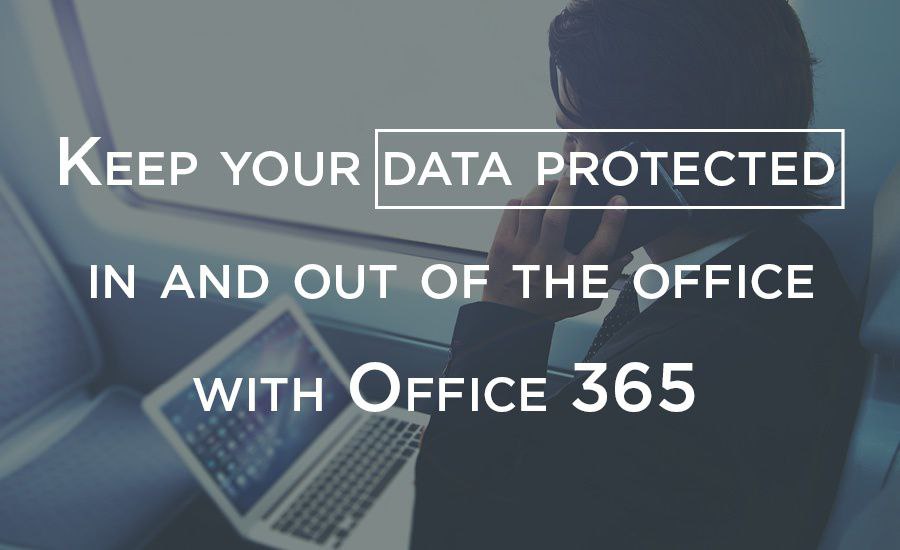Your Mobile Data - Secured by Microsoft
With so many companies utilizing the cloud and mobile devices, data security should be a major concern for all businesses. Yet, despite numerous security breaches, distributed denial-of-service (DDoS), and security experts’ repeated warnings that businesses need to better protect their information, many companies remain unprepared or inadequately protected from various security threats.
According to a 2014 study on preventable security risks, most enterprises had little to no system in place for tracking and controlling sensitive information. That said, what measures can companies take to better protect themselves, their data, and their customers’ information? The following are a few common issues that can result in a security breach, and what companies can and should do to avoid them:
Negligent and Uninformed Workers
Security professionals claim that careless employees who forget or misplace their mobile devices in public, unsecure places cause just as much destruction as disgruntled workers who intentionally leak data to competitors. In addition, employees who have not been given proper training on security best practices pose a significant threat to the security of the company’s systems and data. To resolve this risk, all employees should be trained on cyber security guidelines, and be provided ongoing support.
The Risk of Mobile Devices
When employees are using their own mobile devices to access company information or exchange work-related data, information theft is a likely possibility. Mobile security breaches have affected nearly 70% of global organizations over the last couple of years. To address this issue, companies should have a clear, strict BYOD (Bring Your Own Device) policy in place. This way, employees will be better-versed on mobile device expectations, and businesses can effectively monitor documents and emails that are being accessed through an employee-owned device.
Using Cloud Applications
The most effective defense against a cloud-based security threat is to defend at the data level through rigid encryption, which can be found in Microsoft Office 365’s built-in security features. Through the suite’s BitLocker encryption and SSL over HTTP disks, data encryption is guaranteed. Also, unlike other cloud-based platforms, like Gmail and Facebook, Microsoft Office 365 does not access your data for marketing purposes. Office 365 is contractually bound by agreements made within the Data Protection Act, which means it is much more secure than the server message block protocol. When it comes to protecting your business, make data security a priority, and let Microsoft Office 365 minimize your company’s vulnerability.




